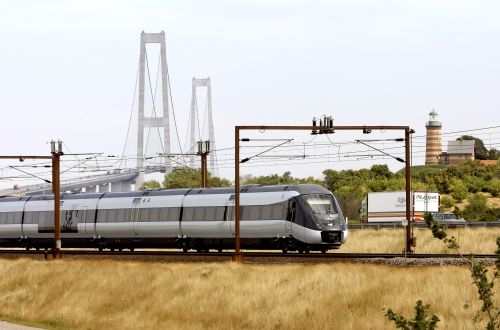The strategy is intended to be a continuation of the DKr 28.5bn Togfonden DK programme approved by the Danish government last year which will use revenues from North Sea oil to fund enhancements to the rail network including route modernisation and electrification to reduce journey times between Denmark's major towns and cities.
DSB has identified a requirement for 275 new trains over the next 15 years divided into three categories: a 160km/h regional train; a 200km/h inter-city train; and a 250km/h high-speed train.
The plan emphasises the need to avoid repeating the mistakes of the troubled procurement of IC4 inter-city DMUs from AnsaldoBreda. DSB stresses that it will insist on thorough prequalification of suppliers, maintenance of trains by the manufacturer, and proven product platforms.
"We need reliable trains in the future," says DSB operations director Anders Egehus. "Everyone knows the story of the IC4 trains and nobody, least of all DSB, wants to see a repeat of this. Therefore the plan outlines procurement principles and process to minimise the risks."
DSB says it has decided to make its proposals public to encourage a debate on the future rolling stock strategy for Denmark. "We want this process to be as open as possible, says Egehus. "There are many questions still to be answered and this will be a long and exhaustive process. Naturally we will need to address many issues in greater detail as the work progresses."

